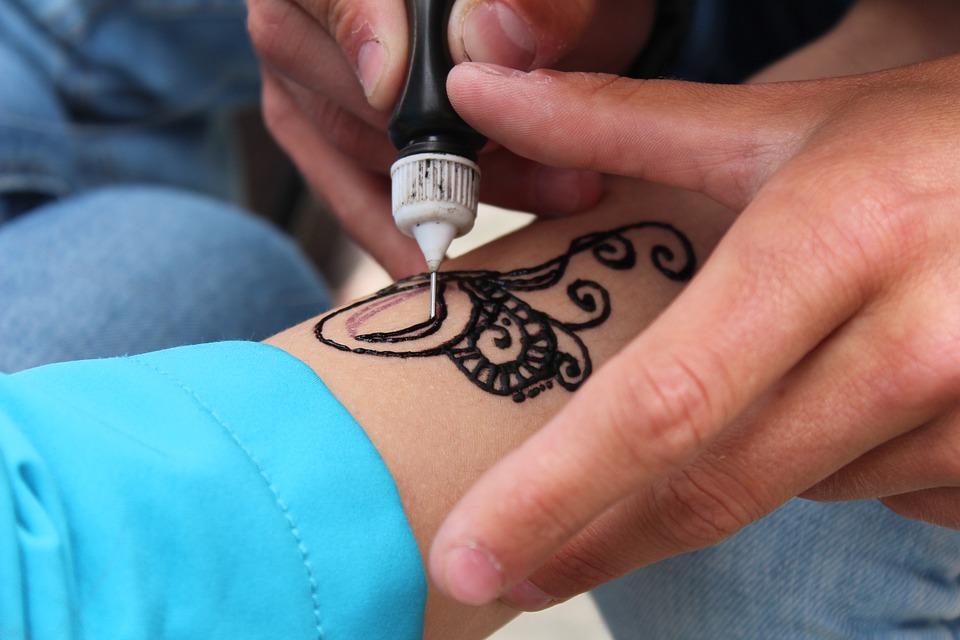A British mother has expressed fury at a nursery for not consulting her before giving her 4-year-old daughter a henna tattoo.
Hull Live reported that the mother, who did not wish to be identified by name, said she was “baffled” why the nursery staffers would not ask parents’ permission before applying the temporary tattoo that stains the skin for about two to four weeks before wearing off.





